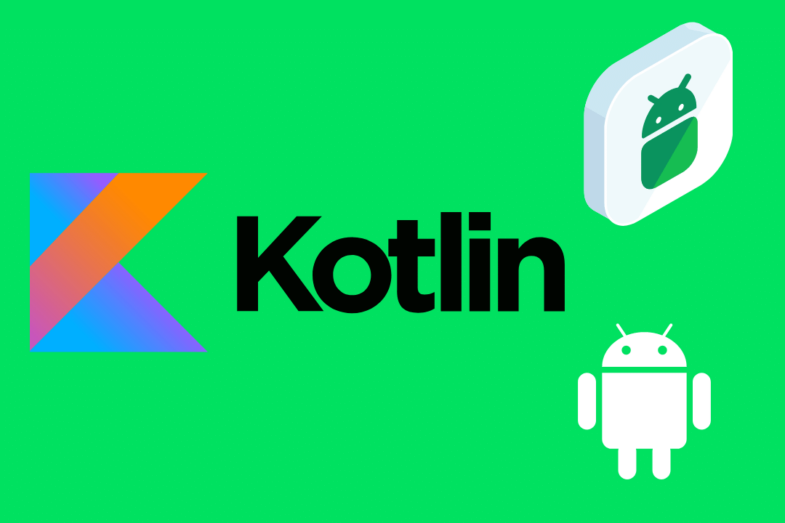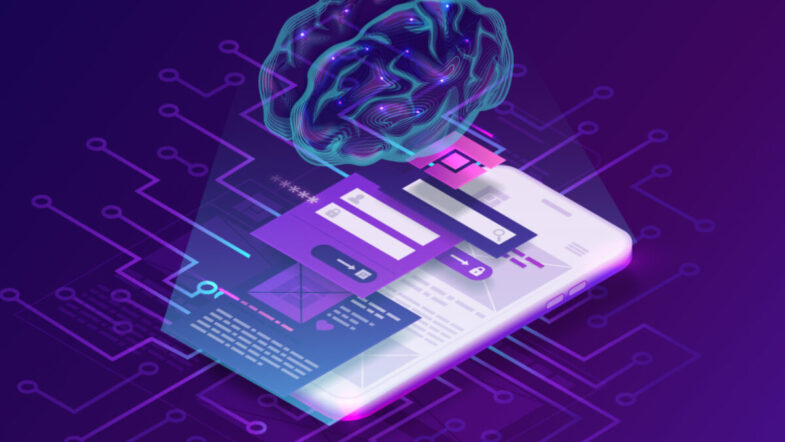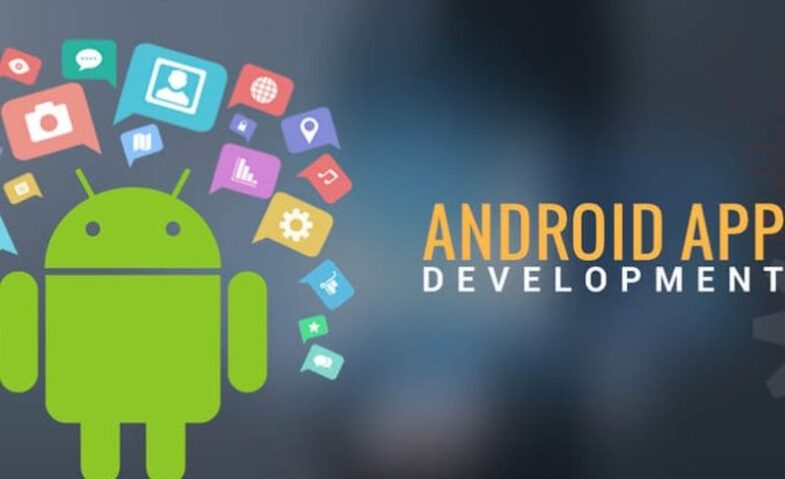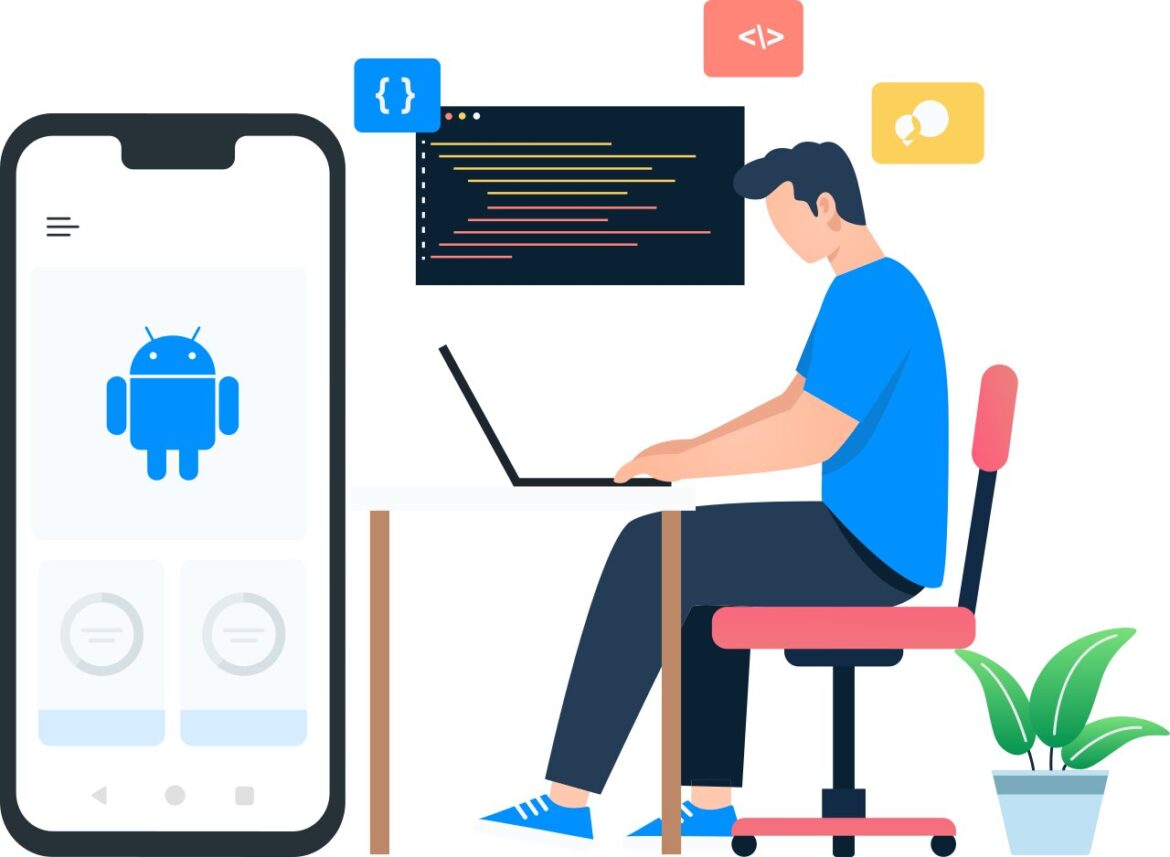Android app development has come a long way since the first Android operating system was released in 2008. With each new version of Android, developers have been presented with new features and tools to create more powerful and innovative apps. Today, over 3 million apps are available on the Google Play Store, with more being added daily. In this blog, we’ll explore the latest trends and technologies in Android app development, including Kotlin, cloud technologies, and AI-powered features.
Kotlin – The Future of Android App Development

Source: youtube.com
Kotlin is an advanced and more sophisticated programming language that was developed by JetBrains and officially supported by Google for Android app development. It’s a powerful language that offers many benefits over Java, the traditional language used for Android app development.
One of the key advantages of Kotlin is that it’s more concise than Java. Kotlin allows developers to write more expressive code that requires fewer lines of code than Java. This makes the code easier to read and maintain and also reduces the chance of introducing errors. Look at any Android app development company in the US, and you’ll see they prefer Kotlin over Java.
Kotlin is also safer than Java. It has null safety features that prevent null pointer exceptions, a common source of errors in Java code. This makes the code more robust and reduces the likelihood of crashes.
Last but not least, Kotlin is more efficient than Java. It compiles faster and generates smaller bytecode, which makes the app start up faster and use less memory. This is particularly important for mobile apps, which have limited resources.
Like mobile app development, a game development company can leverage this emerging tech stack to build progressive, interactive games with highly sustainable backend operations.
Given these advantages, it’s unsurprising that Kotlin is quickly becoming the preferred language for Android app development. According to Google, 60% of the top 1000 Android apps on the Play Store are already using Kotlin, which is expected to grow in the coming years.
Cloud Technologies – Building Scalable and Reliable Android Apps

Source: pinterest.com
Cloud technologies have revolutionized the way we develop and deploy Android apps. With cloud services like Google Cloud Platform, Amazon Web Services, and Microsoft Azure, developers can easily build scalable, reliable, and secure apps that can handle millions of users.
One of the key benefits of cloud technologies is scalability. With cloud services, developers can easily scale their apps up or down to meet changing demands. This is particularly important for mobile apps, which can experience sudden spikes in traffic. Cloud services can automatically provision additional resources to handle the increased load, ensuring that the app remains responsive and available.
Cloud technologies also improve app reliability. With cloud services, developers can easily set up redundant servers and data centers, which can automatically take over in case of a failure. This ensures that the app remains available even if one or more servers go down.
Last but not least, cloud technologies improve app security by considerable margins. Cloud services provide advanced security features like firewalls, encryption, and access control, which can help protect the app and user data from unauthorized access.
Given these benefits, it’s clear that cloud technologies are becoming an essential part of Android app development. By leveraging cloud services, developers can build more scalable, reliable, and secure apps than ever before.
AI-Powered Features – Enhancing User Experience and Engagement

Source: pinterest.com
AI is changing how we intermingle with technology, and Android app development is no exception. With AI-powered features like voice recognition, chatbots, and personalized recommendations, developers can create more engaging and user-friendly apps.
One of the key AI-powered features in Android apps is voice recognition. With voice recognition, users can interact with the app using natural language without the need for typing.
Another AI-powered feature that is gaining popularity is chatbots. Chatbots are software programs that simulate human conversation using artificial intelligence. They can be integrated into Android apps to provide users with instant support and assistance.
Chatbots can help automate customer service, providing users with instant responses to common questions and concerns. This can improve customer satisfaction and reduce the workload on support teams.
AI-powered personalized recommendations are also becoming a popular feature in Android apps. Developers can create personalized products, services, and content recommendations by analyzing user data. As users are more likely to continue using an app that provides them with relevant offers, chances are that user experience will improve significantly over the next few years.
The Future of Android App Development

Source: youtube.com
The future of Android app development is bright, with new technologies and features being constantly developed. Some of the trends that we can expect to see in the coming years include:
- More widespread use of Kotlin as the primary language for Android app development
- Increased use of cloud technologies to build scalable, reliable, and secure apps
- Greater adoption of AI-powered features like voice recognition, chatbots, and personalized recommendations
- Increased focus on user experience and engagement, with apps being designed to be more intuitive, user-friendly, and personalized
Android app development has progressed like no other technology since its inception, and the future looks bright too. By embracing new technologies like Kotlin, cloud technologies, and AI-powered features, developers can create more powerful and innovative apps that improve the user experience and drive business growth.
Whether you’re an app development company from Europe or a full-scale software development company Houston, the Android technology stack is used in almost every technology domain.
